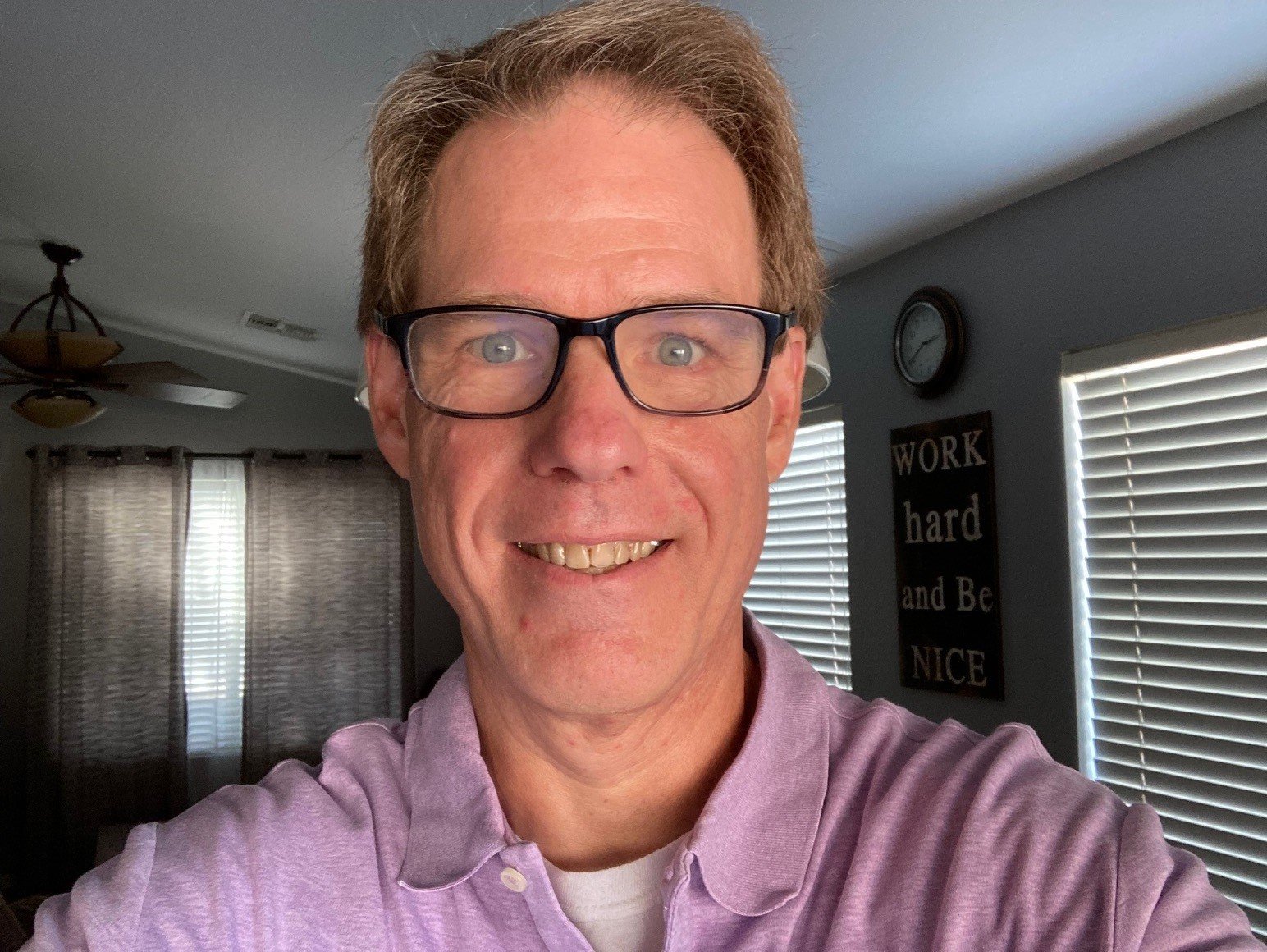‘Collective Intelligence’ Starts with Leadership Self-Awareness

During the coronavirus (COVID-19) pandemic, with employees separated by miles, not meters, it has never been more critical for companies to leverage the collective intelligence of their workplaces, while maintaining some level of synergy.
And that starts with leadership, which was the focus of the April 21 Talent Mini Con, the second of three such events offered in conjunction with the all-virtual ISM World 2021 Annual Conference on May 18-20. Business leadership strategists Mandy Flint and Elisabet Vinberg Hearn, the Mini Con keynotes and moderators, emphasized that for executives and directors to set the most productive workplace environment and company culture, they must be aware of their own strengths and weaknesses.
“When we understand and value others — including their different backgrounds and experience, and their different, even challenging, perspectives — we create a diverse and inclusive workplace,” said Flint, a leadership and cultural change strategist and CEO at Excellence In Leadership, a West Sussex, Great Britain-based consultancy. “That kind of workplace is powered by collective intelligence, which is an absolute must in creating a culture of trust and sharing (amid) fast-paced change.”
It’s critical, Flint and Vinberg Hearn said, for leaders to know not only their strengths and weaknesses, but what energizes and stresses them — all of which impact how they are perceived and responded to. A personality-type indicator is vital to starting such an evaluation process, Flint said: “If we don’t understand ourselves, our impact will be limited. We may at times be impactful, but it will be by chance, rather than intentional.”

Mandy Flint (left) discusses the leadership value of understanding workplace personalities with Debbie Fogel-Monnissen, Institute for Supply Management® CFO, at the Talent Mini Con.
As a case study, the Mini Con included an interview with Debbie Fogel-Monnissen, CFO at Institute for Supply Management® (ISM®). Using the Myers-Briggs Type Indicator (MBTI), ISM evaluated its leadership, then, in 2019, the rest of its workforce of about 60 employees. (Flint and Vinberg Hearn consulted ISM during the process.)
The primary benefit to leadership, Fogel-Monnissen said, was an increased knowledge of each other’s strengths, which helped build trust and collaboration. Without this knowledge, she added, “dysfunctions and inefficiencies can creep into how an organization operates. We are all human, and we have different ways of operating. Not acknowledging that can create tensions across a team.”
At ISM, work was shifted to leverage the team’s strengths — certain assignments were given to members whose skills were more tailored to them, or whose personalities indicated they would enjoy them. Improved communication, resiliency and adaptability spread through the organization, Fogel-Monnissen said, which paid dividends when the pandemic necessitated remote work in March 2020.
“We had the ability to have difficult conversations and debate things more openly,” Fogel-Monnissen said. “So, when the pandemic hit and the world changed, I think we were better placed to pivot quickly, not only on what we were doing for customers, but how. Going to remote work, changing our content delivery to be more digital, and our content itself to be more relevant — that would not have come at the same speed had we not did the (MBTI) work.”
The most critical assets for leaders, Vinberg Hearn said, are soft skills like developing workplace rapport, helping break communication barriers and fostering collaboration that build and complements workers’ strengths. “We will never have all the answers,” Vinberg Hearn said. “So, it’s important to have the soft skills, the ability to engage with others to find a solution and a way forward. Don’t be fooled by the term ‘soft skills.’ There’s nothing soft about them. They can have a hard-hitting effect.”
She calls this dynamic “executive presence,” which goes beyond a job title or position on an organizational chart. “That’s a presence that’s dictated more by a hierarchy,” Vinberg Hearn said. “(Those with) executive presence have the ability to inspire and make others shine, and that can make leaders great brand ambassadors for their teams and companies.”
The third Mini Con, Future, is on June 9.


